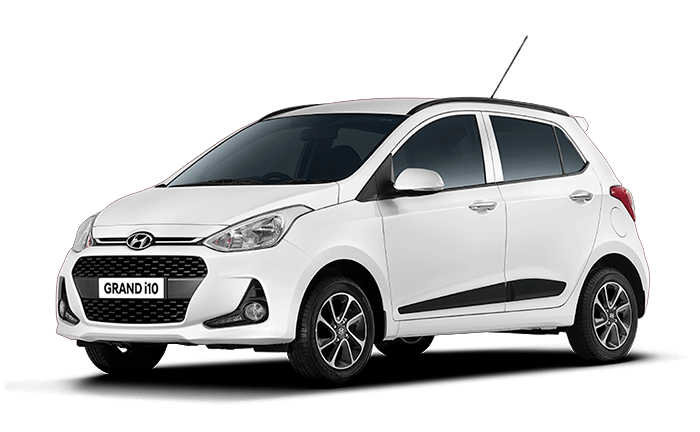
Suppose you are considering purchasing pool equipment for your home. In that case, you may wonder what the difference between various swimming pools is and how to decide which one is most appropriate for your situation. This guide will attempt to clarify these questions and help you make an informed purchase. Visit https://www.mrpoolman.com.au/ and get to know more.
First, it’s essential to understand the differences between in-ground and above-ground pools. An inground pool takes up the entire floor of a room or basement, while an above-ground pool is a circular shape that rests on top of the ground rather than being built into it. If space in your home prohibits this, kiddie pools are available as an alternative. These pools are often around 3 feet in diameter, while the other options may exceed 12 feet.
Inground pools require much excavation as they are built directly into the floor. The most common inground pool is the vinyl-lined concrete variety. This type of pool has a steel or aluminum frame positioned on top of the base that holds it in place, usually filled with water. The walls and bottom of the pool are lined with thick vinyl to help protect against leaks and corrosion from the water and provide an additional support layer.

Above ground, pools are generally made from metal or fiberglass, though plastic ones have occasionally been used. The largest above-ground pools can be over 12 feet in diameter and may reach a depth of 40 feet. They rest on top of the ground and are held in place with stakes driven into the ground.
The largest inground pool is generally rated to hold at least 8,000 gallons of water. It may have more than one section to make it easier for users and accommodate more minor children. A typical plastic liner comes with a lifetime guarantee that ensures the life of the pool against any damage caused by leaks or deterioration. Vinyl liners need to be replaced every few years depending on how frequently they are used, but this only requires a small amount of work that usually takes less than an hour.
It’s also important to know about swimming pool heater options. There are several types of heating options available. The two primary choices are heat pumps that hold heat from themselves and circulate it throughout your pool and heat lamps that sit inside an above-ground pool and produce radiant heat energy by using electricity.
Pool heaters are also available in solar power that uses sunlight to heat the water. The main advantage of a pool heater is that it can heat the entire pool area, thus allowing you to use the pool even in winter. This will enable you to swim outdoors on rainy or sunny days without worrying about your water freezing.
There are a variety of other options as well. You may want your pool replaced with an automatic pool cleaner, an automatic cover that opens when the pump shuts off and closes when it starts again, or a slotted surface that allows water through while keeping debris out of the way.







